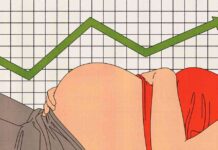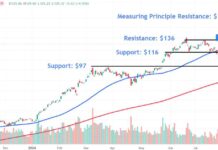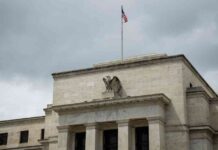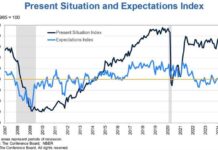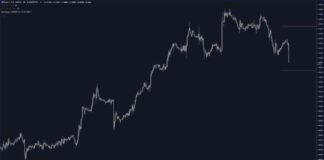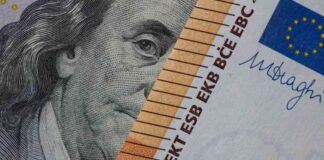The European Central Bank (ECB) Executive Board member Isabel Schnabel has expressed a cautious stance on the current accommodative monetary policy. Despite the recent dovish sentiment within the central bank, Schnabel believes that the ECB can gradually move towards a neutral stance if incoming data continues to support the ECB’s baseline scenario. She defines neutral as being between 2% and 3%, with the current deposit rate not far from these levels. The recent ECB lending survey revealed that banks no longer feel that rates are hindering loan demand, and the housing sector appears to be stabilizing. This indicates that the impact of the ECB’s restrictive policy is diminishing. However, other governors within the ECB view neutral as closer to the lower end of Schnabel’s estimate. She advocates for a gradual approach to policy adjustments, ruling out larger moves that some money markets are still considering.
Schnabel’s position is not solely based on concerns about potential inflation risks. She is confident that the ECB can reach its 2% inflation target next year but warns of possible challenges along the way. She points out the disparity between survey data, which is heavily influenced by political uncertainties in Europe and the aftermath of Trump’s election victory, and hard data, which suggests a consumption-driven economic recovery. Schnabel also emphasizes the importance of preserving policy space for future shocks that may require more effective monetary responses.
The European swap curve has shown a slight underperformance following Schnabel’s comments, but the impact could have been more significant given the aggressive rate cuts that money markets are still pricing in. The market expects nearly 100 basis points of cumulative rate cuts over the next three meetings, with at least one larger move anticipated. The end-of-2025 rate projection is below the neutral level at 1.75%. Schnabel’s remarks have heightened expectations for the upcoming inflation numbers in the Eurozone, which could lead to a more significant market reaction if inflation exceeds expectations.
In the foreign exchange market, the euro has shown resilience despite concerns such as tariff threats and political instability in France. The more hawkish rhetoric from the ECB has supported the euro, leading to a rebound in EUR/USD rates. Positive US economic data and a hint of weakness in the US dollar further boosted the pair. However, traders have taken a cautious approach ahead of the US public holiday and thin trading on Friday.
The Czech National Bank recently released a statement following the IMF’s assessment of the country’s economy. The IMF acknowledges the Czech Republic’s recovery from significant shocks and transition towards a more diversified economy. The IMF recommends a prudent policy mix to maintain price stability and fiscal buffers, with inflation expected to converge towards 2% by 2025. Risks to growth are tilted to the downside, while inflation risks are balanced. The IMF suggests lowering the policy rate to a neutral level around 3% and adopting a more forecast-based inflation targeting approach. The CNB is advised to remain unfazed by temporary inflation increases driven by external factors and gradually reduce its balance sheet size to mitigate financial risks.
Overall, the financial markets are closely monitoring central bank policies and economic indicators for signals of future trends. The evolving global economic landscape underscores the importance of prudent monetary policies and proactive measures to navigate uncertainties and support sustainable growth.



